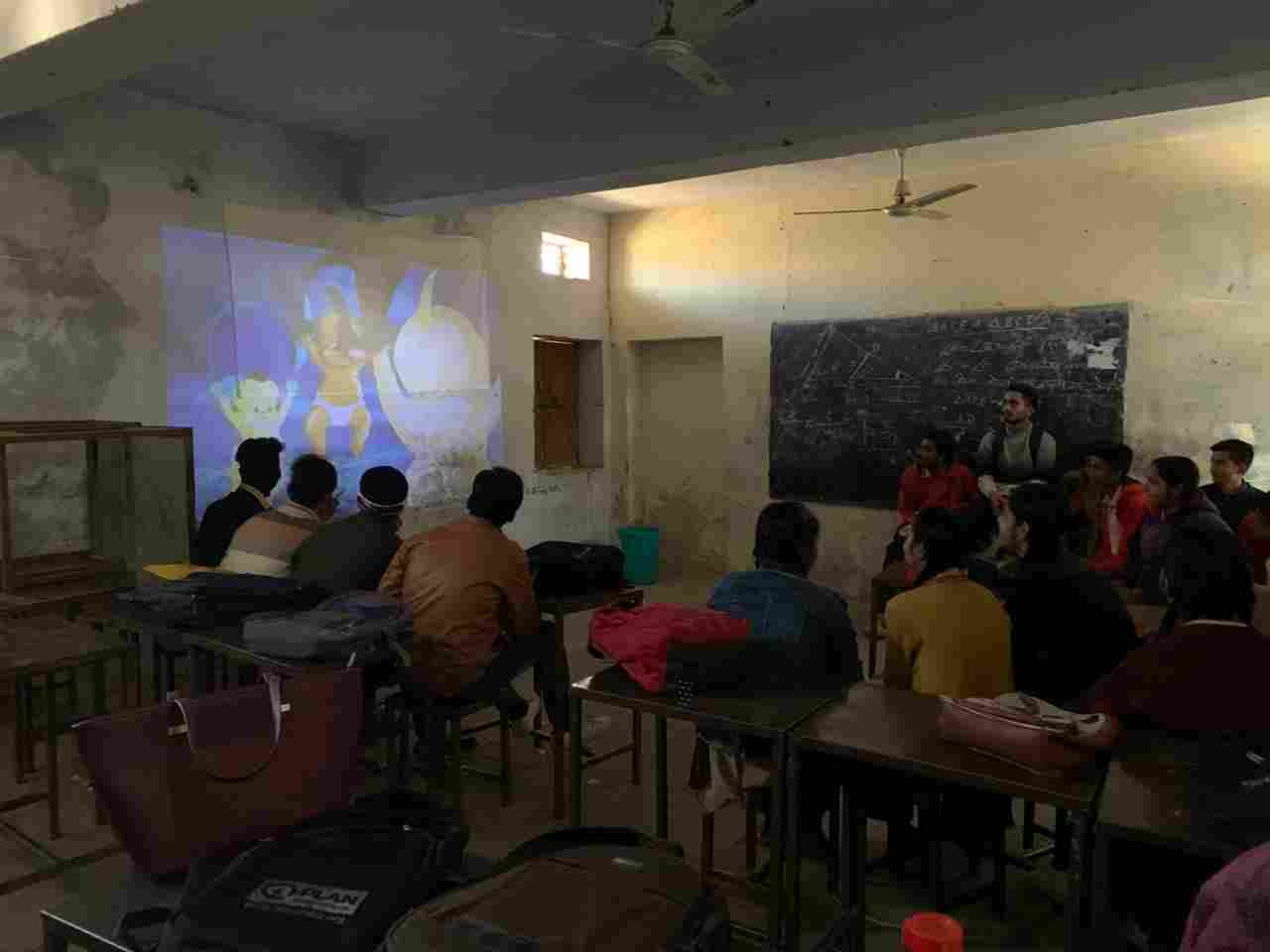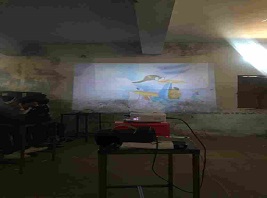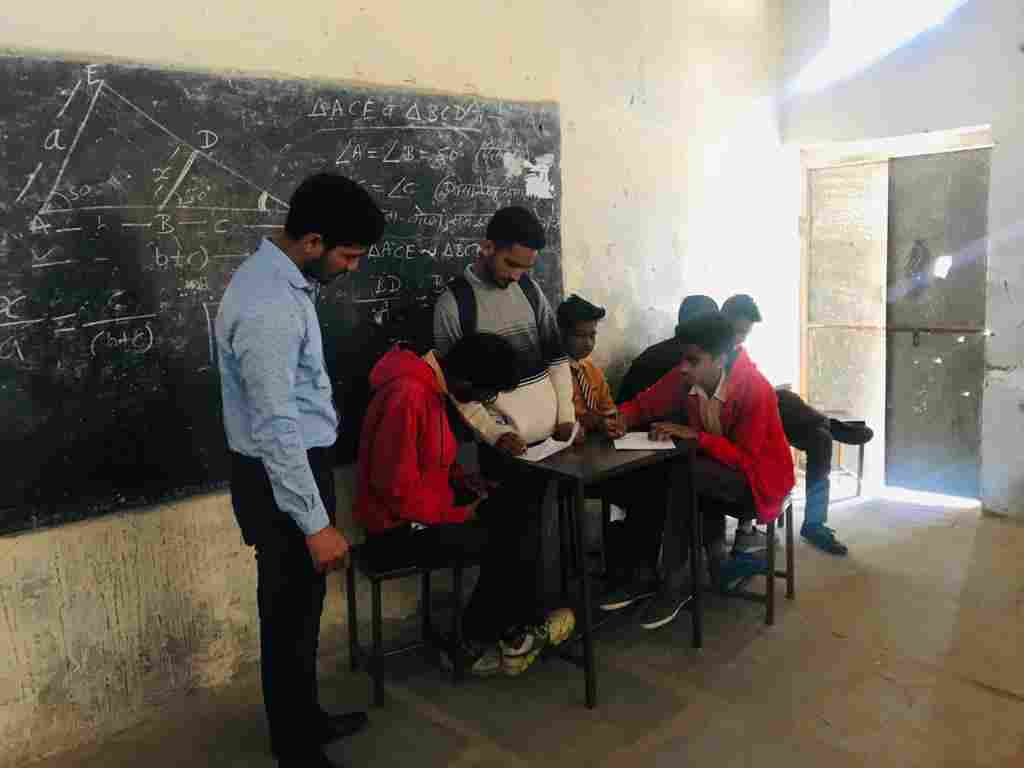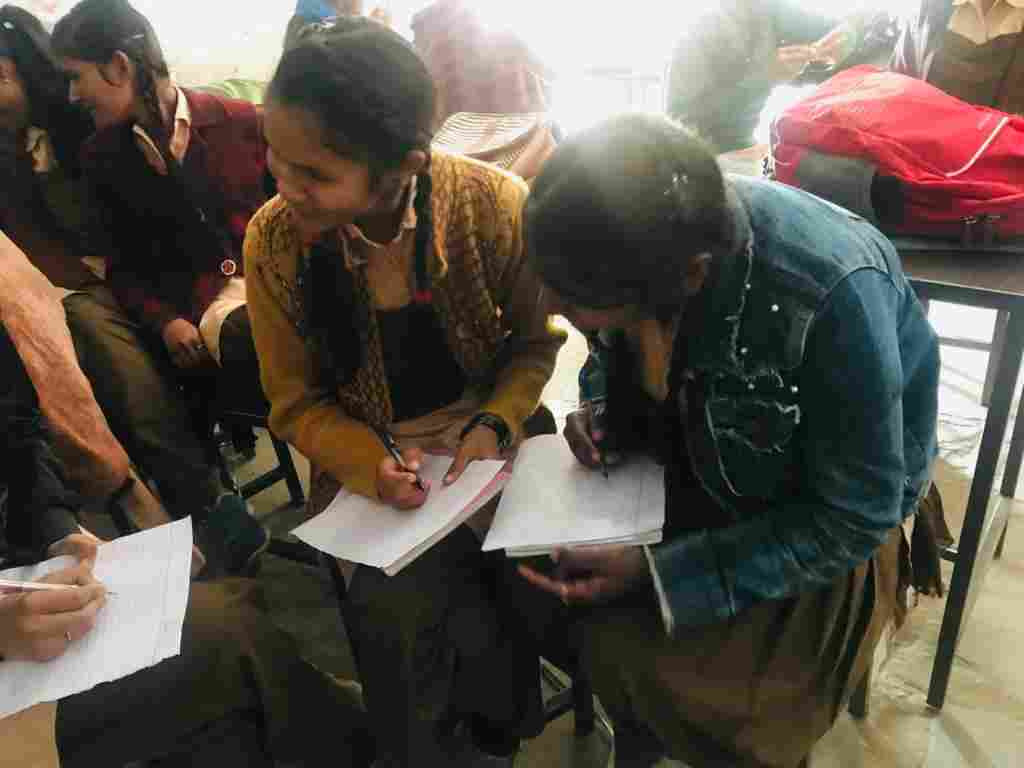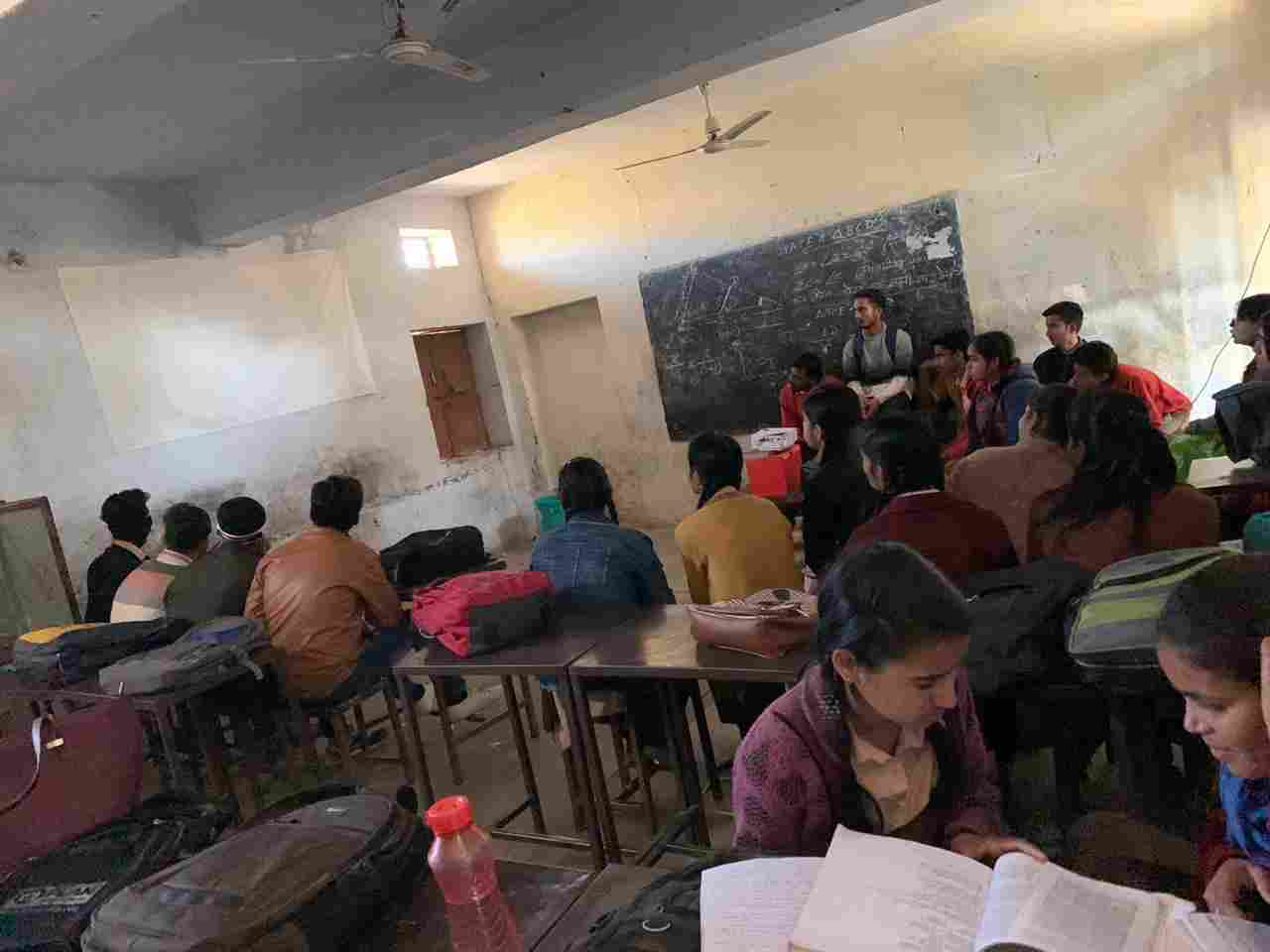Session on Child rights at Saheed Major Digvijay Singh Sumal Govt. Sr. Sec. School in Khatipura, Parivahan Nagar, Jaipur, Rajasthan – January - 2020
Child Rights
Children and young people have the same general human rights as adults, as well as specific rights that acknowledge their unique needs. They are not considered the property of their parents or helpless objects of charity, but instead are recognized as individual human beings with rights. The UNCRC Convention views children as individuals and members of a family and community, with rights and responsibilities appropriate for their age and developmental stage. Under the convention, governments are obligated to meet the basic needs of children and help them reach their full potential. This includes the recognition of each child's basic and fundamental rights, including:
- The right to life, survival, and development.
- Protection from violence, abuse, and neglect.
- An education that allows children to reach their potential.
- The right to be raised by and have a relationship with their parents.
- The right to express their opinions and have them heard.
Pre-session assessment
Who is a child? Some students responded that a child is stubborn, innocent, goofy, dear, demon, sweet, cute, and naughty. Some students responded that a child is someone who doesn’t know what is right and wrong, destroys things at home, doesn’t discriminate, always speaks the truth, plays all the time, doesn't like to go to school, cries when they don’t get things from their elders, and whose elders always love them. What are the needs of a child?Most of the students responded that a child's needs are their mother and father, toys, healthy food, education, care, love from their family, and playing outside games. Do you think that children also have rights? Students responded in one voice that yes, children have rights. If yes, give some examples of their rights. Students responded that a child has the right to education, the right to play, the right to live, the right to live with family, the right to live with their mother, the right to speak, and the right to have good parenting. What do you think, how do people see a child in society? Some students responded that society thinks about the future of a child and pressurizes them for that, and the child will have to make a name for themselves and their family in society. Some students responded that according to the behavior of a child, society sees them positively and negatively and also sees them as a slave.
Activity conducted during the session
Post session assessment
The United Nations Convention on the Rights of the Child (UNCRC) outlines the basic human rights that must be granted to children. These rights are divided into four main categories:
- Right to Survival:
- Right to be born
- Right to a minimum standard of food, shelter, and clothing
- Right to live with dignity
- Right to access healthcare, safe drinking water, nutritious food, a clean and safe environment, and health information.
- Right to Protection:
- Right to be protected from all forms of violence
- Right to be protected from neglect
- Right to be protected from physical and sexual abuse
- Right to be protected from harmful drugs.
- Right to Participation:
- Right to freedom of opinion
- Right to freedom of expression
- Right to freedom of association
- Right to access information
- Right to participate in decision-making that affects them directly or indirectly.
- Right to Development:
- Right to education
- Right to learn
- Right to relax and play
Summary on Child participation and why it is important:
Child participation is very important. Children have opinions which may differ from adults'. All children have the right to participate in decisions which affect them, even when they are very young. As the child grows older, their opinions should be listened to and taken into account more. Active participation is crucial for young people, and it gives them a sense of self-worth. It should be acknowledged that they are valued, and their voices are heard, which is essential to building their confidence. By listening to children and taking their opinions seriously, we help them grow into trustworthy and capable adults.


